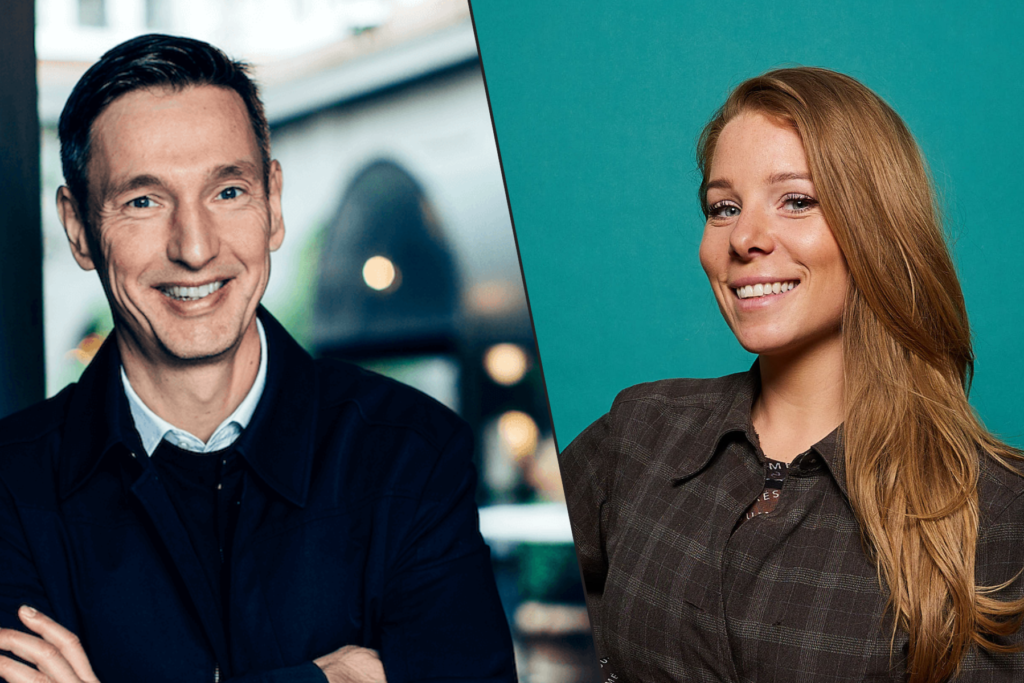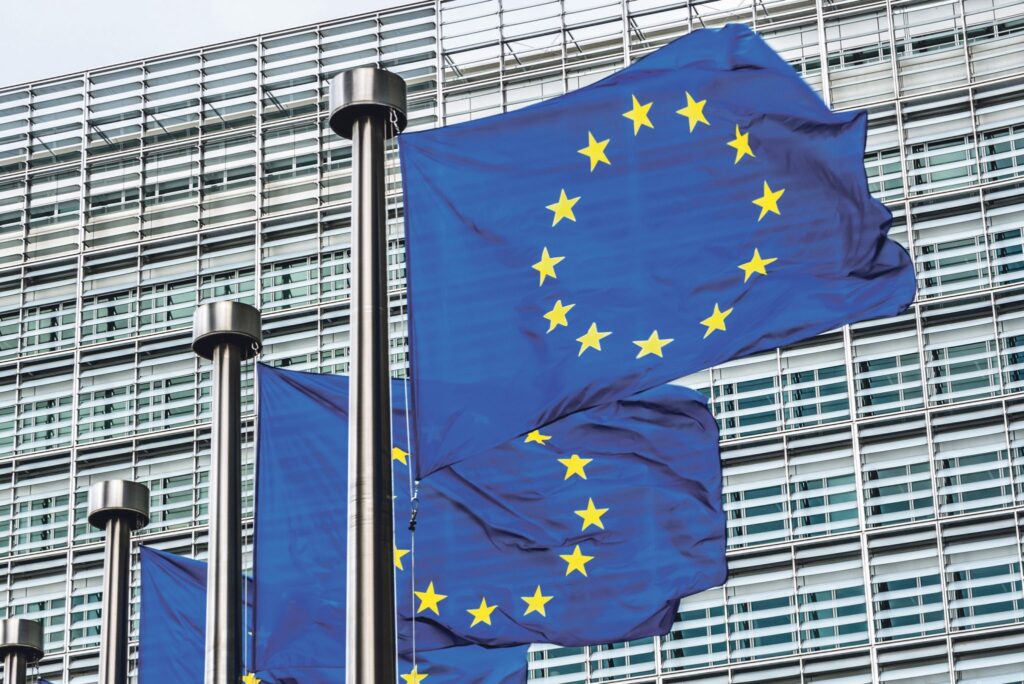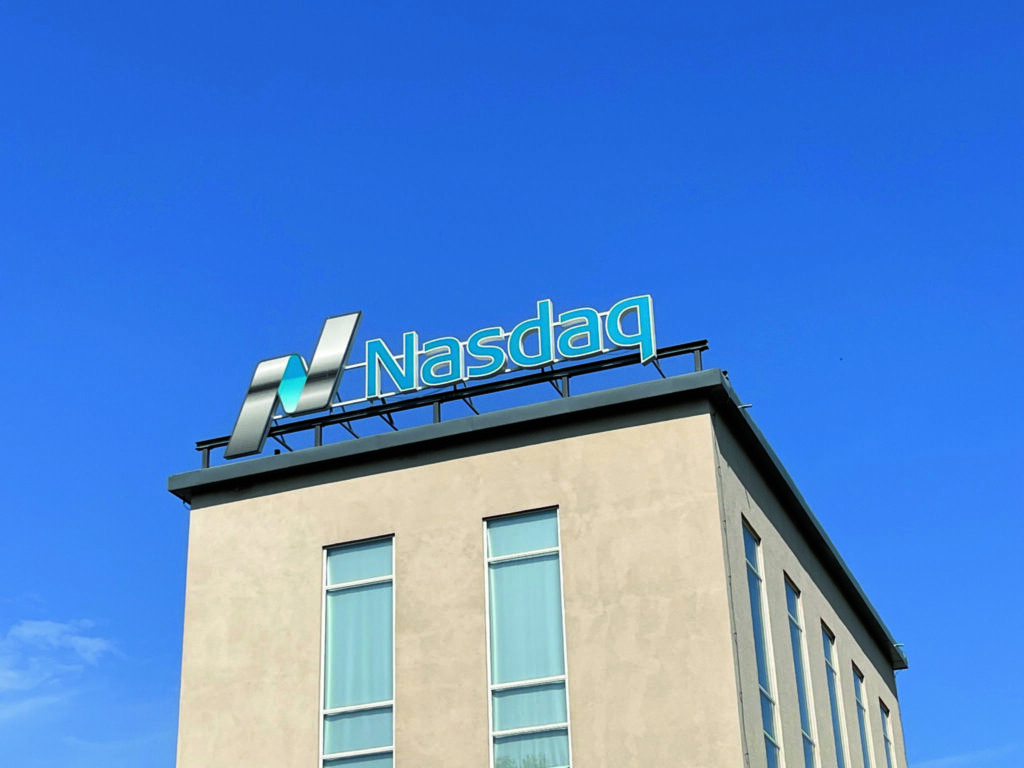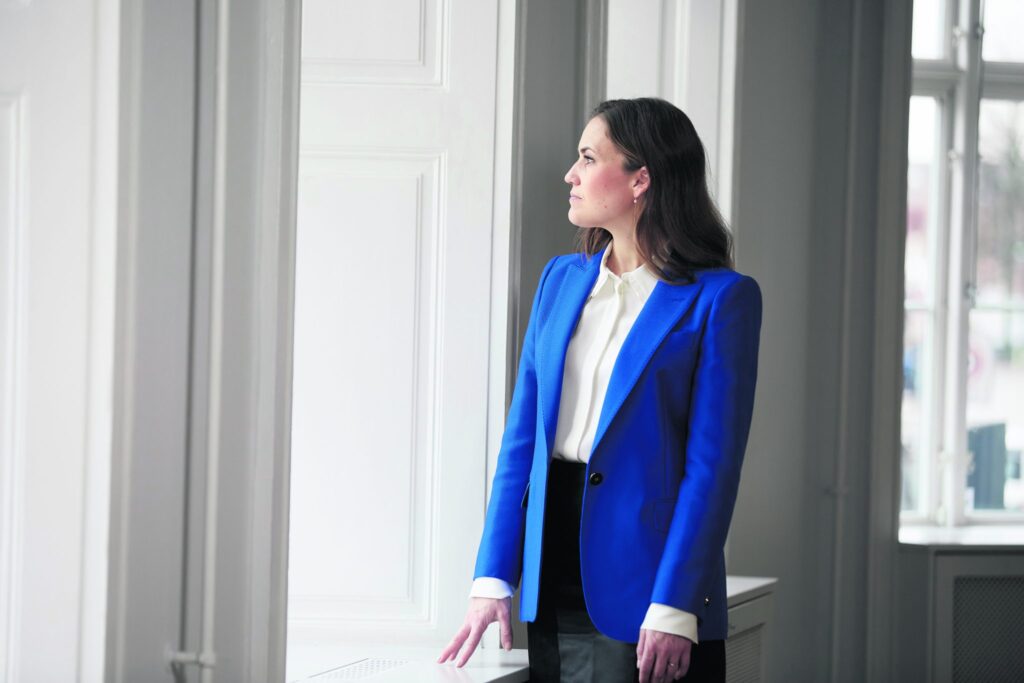Sustainability
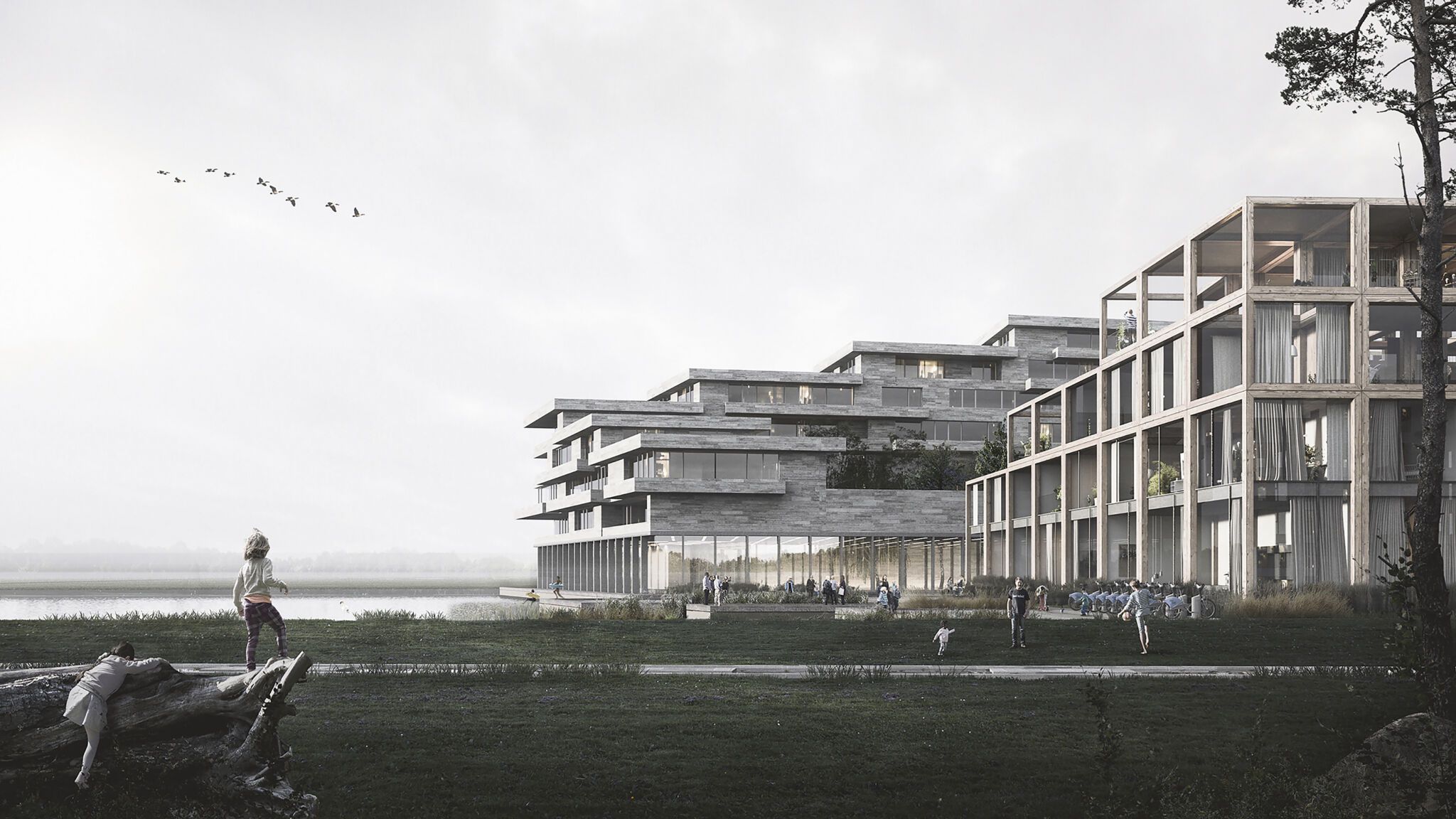
Green Transition Occurs Along With Interdisciplinarity
By Pia Bundgaard Hansen
Every year, Sweco is responsible worldwide for more than 1,000 different constructions in 70 countries. The main focus of these constructions is to optimize eventual sustainability. An
interdisciplinary working group that generates new ideas at Sweco, has recently prepared a tool that is being implemented. The tool screens all aspects of sustainability 360 degrees around the building – even before it takes shape.
“At Sweco, you meet engineers with a capital E, and architects with a capital A, which is how it should be. Nobody should have to compromise on their professionalism, but it will be interesting to see, that when professionalism is combined, sustainability becomes a priority”, explains Dariush Rezai, CEO of Sweco Denmark, who is currently the advisor in Denmark that is behind most DGNB certifications and pre-certifications within the sustainability standard, DGNB – a sustainable certification that balances the environment, economy and social conditions equally.
Danish standards for the UN’s 17 world goals
As part of a multidisciplinary partnership, Sweco has been selected to develop a national starting point for Denmark as a nation to measure the UN’s 17 sustainable world goals. The ”Our Goal” project also means that the Danish population should have an even better knowledge of the World Goals. This is the first time ever that a nation is developing its own indicators of how to measure the UN’s 17 world goals and 169 sub-targets. As part of the project, the partnership behind “Our Goals” will produce three reports. The reports will specifically contain a minimum of 169 Danish indicators – a minimum of 1 for each sub-target – that are relevant to measure in Denmark.
“As part of the partnership, we have a unique opportunity to shape the development of Danish society in a more sustainable direction, and as Europe’s largest engineering and architectural company, we look forward to contributing our knowledge and expertise in the sustainable development of the world’s cities”, says Dariush Rezai.
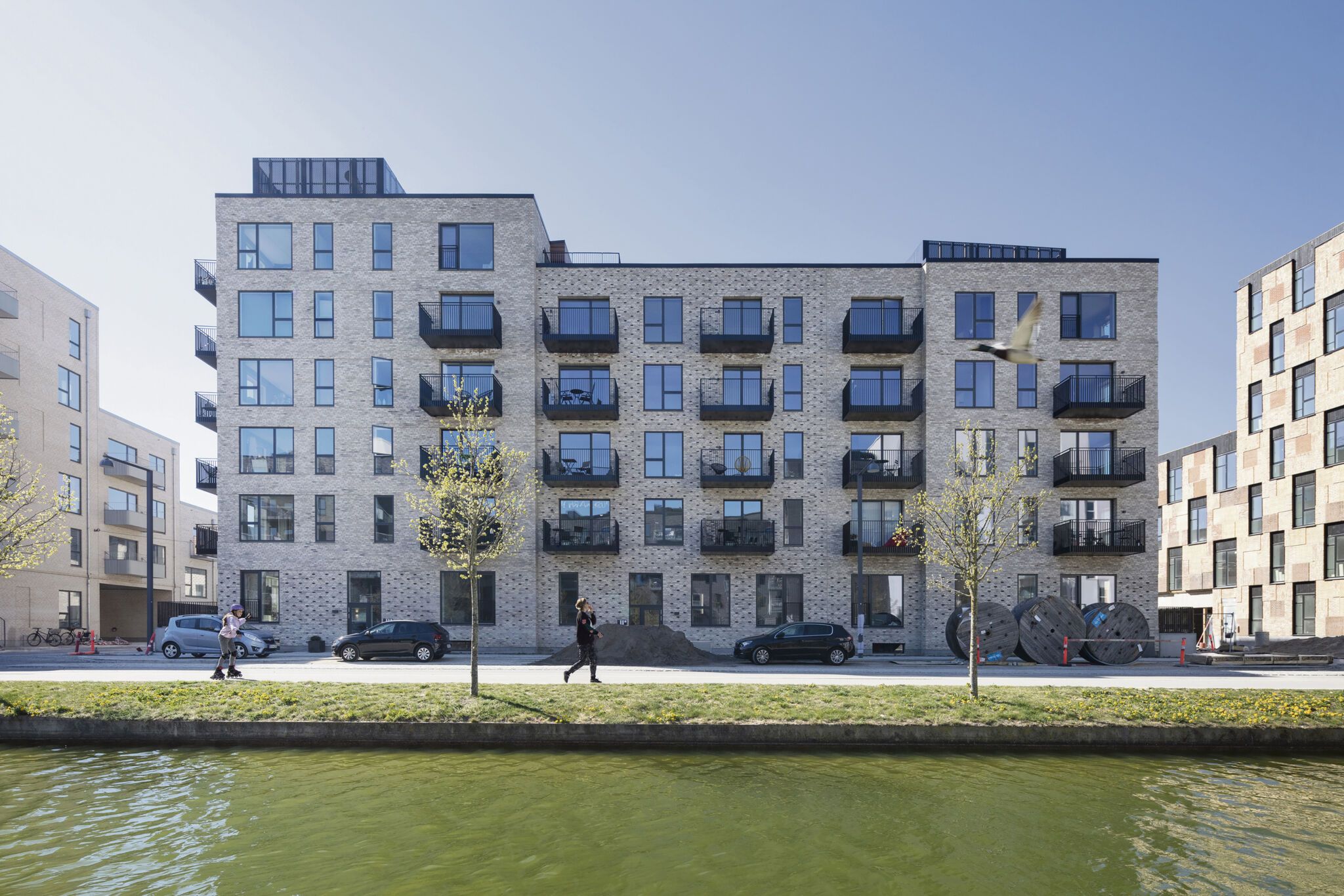
Climate is worth investing in
It is through the work of solving tasks on behalf of customers that Sweco is helping to set the largest green climate footprint, but within the company the green transition is high on the agenda. An agenda such as Dariush Rezai’s, encourages even more companies to take part in, and to be willing to pay for it. One thing that frustrates Dariush Rezai, is when the Danish climate debate loses its momentum and results in it not costing anything to society, consumers or businesses.
– If a value does not cost anything, then you may have to ask yourself whether it really is a value to the company? I don’t think it’s necessary to study piles of spreadsheets to make some
climate-friendly decisions that can help influence the choices of others and the demand in society.
At Sweco, for example, they are happy to pay a little extra for the employees to travel with electric taxis instead.
– It is also about the choices, we make based on our 800 employees in Copenhagen, and soon in the rest of the country, helping to motivate others. When our employees commute with electric taxis, we help to strengthen a demand in society and therefore strengthen the market to obtain more climate-friendly transport.
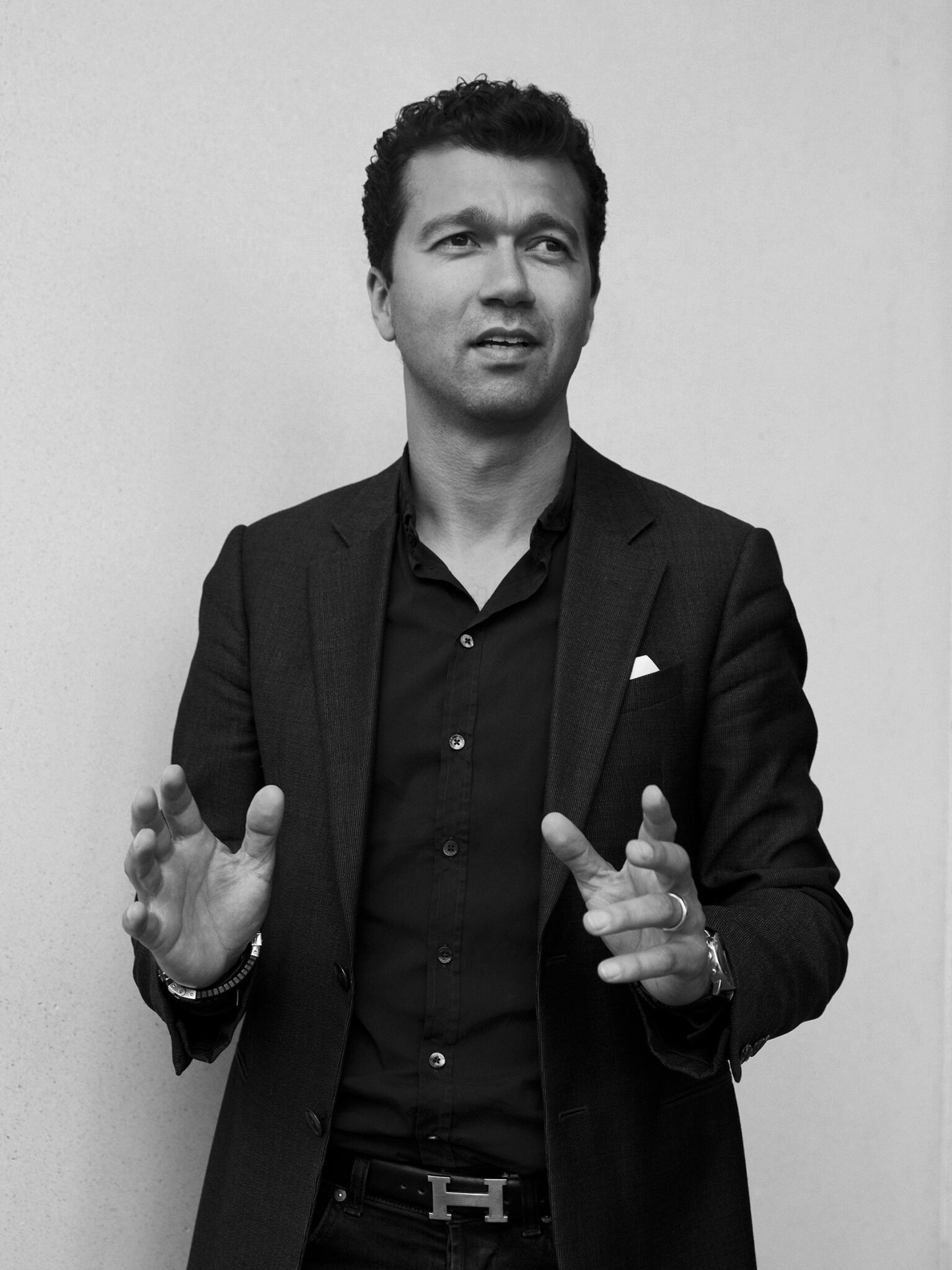
It is also no coincidence that Sweco’s headquarters are right next to a metro station, as this should help to encourage the employees’ decision to make use of a more climate-friendly public transport option.
A working group at Sweco who focuses on climate, has also invested energy in figuring out how to secure green electricity in their buildings, as well as investigating whether employees’ retirement savings can become greener. In all their offices you will find trash cans with four compartments, sorting waste for recycling.
– I think we can all make a difference because the sustainable mindset is about breaking old habits and setting new standards. It therefore makes sense in the big picture when environmentally-conscious Danes bother to collect garbage in the harbour, as the strongest driving force of green transition, is driven by the people and their culture, says Dariush Rezai. He stresses, that it is precisely the public’s mood and motivation, that has really driven the climate debate here in Denmark.
Management must create the values
Dariush Rezai has no doubt that working with the green transition begins with the management of a company, but it is important that the employees carry the transition
through. Administration must take responsibility and set the goals, so that the sustainable transition becomes a value in line with others. Management must look in the mirror and set an honest and clear course so that sustainability does not become a phase, but that a real ambition is put in place.
– Green conversion is very much about getting started. Don’t overanalyze everything but make some
sustainable decisions, even if it costs extra. It ultimately will pay off, he ends.
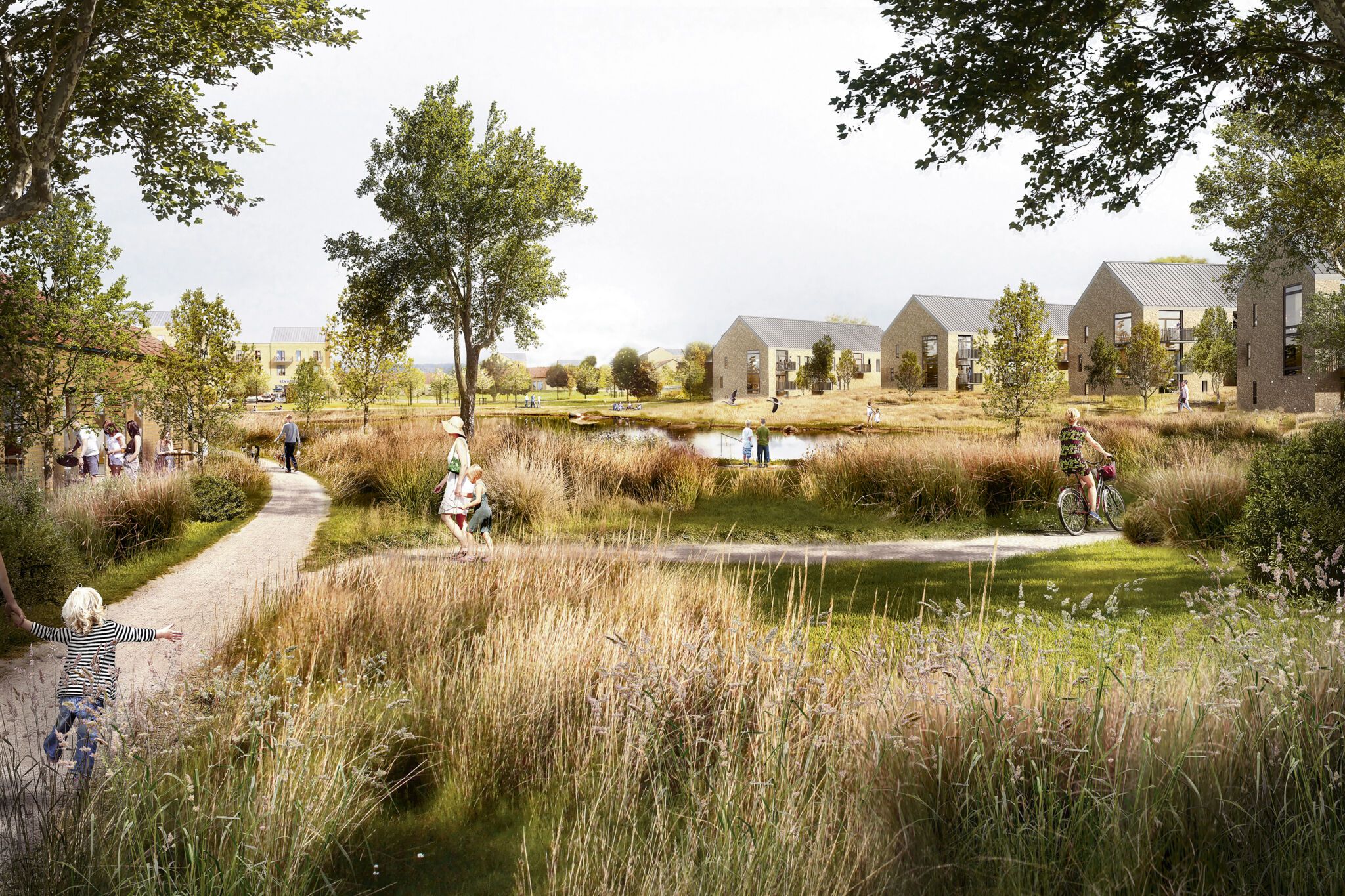
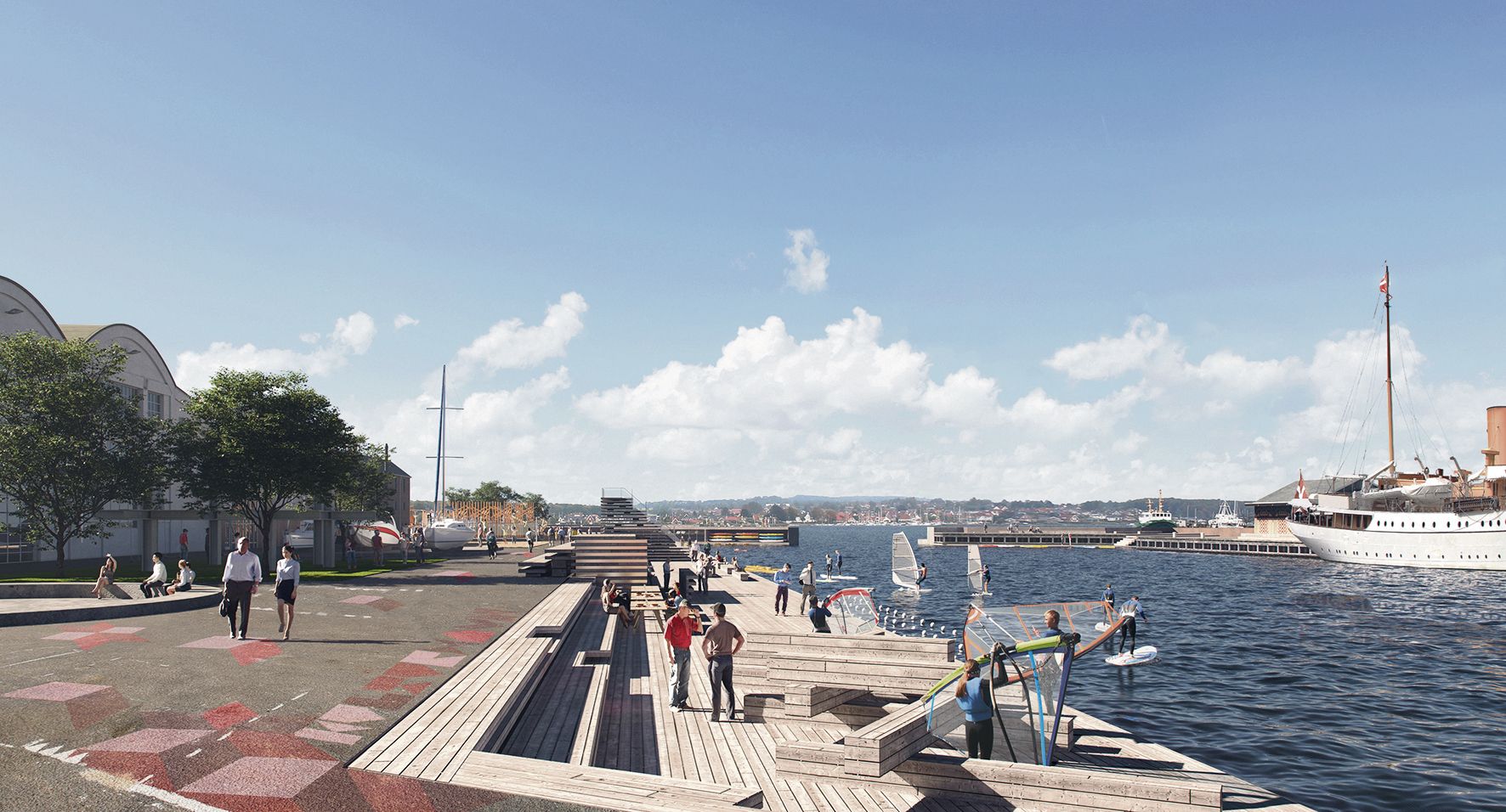
Most read
Facts: The UN’s 17 World Goals will be Danish
The partnership behind ”Our Goals” consists of Deloitte, Geelmuyden Kiese, Sweco, Dansk Energi Management, Kraka, RUC and AAU. The partnership has been designated for the task by Statistics Denmark. The project is supported by the Danish Industry Foundation, the Lundbeck Foundation, Nordea foundation, Realdania, Ramboll Fonden and Spar Nord Fonden. Behind the project is the 2030 panel established by the 2030 network, the parliaments’ Nonpolitical Network for the UN World Goals.

